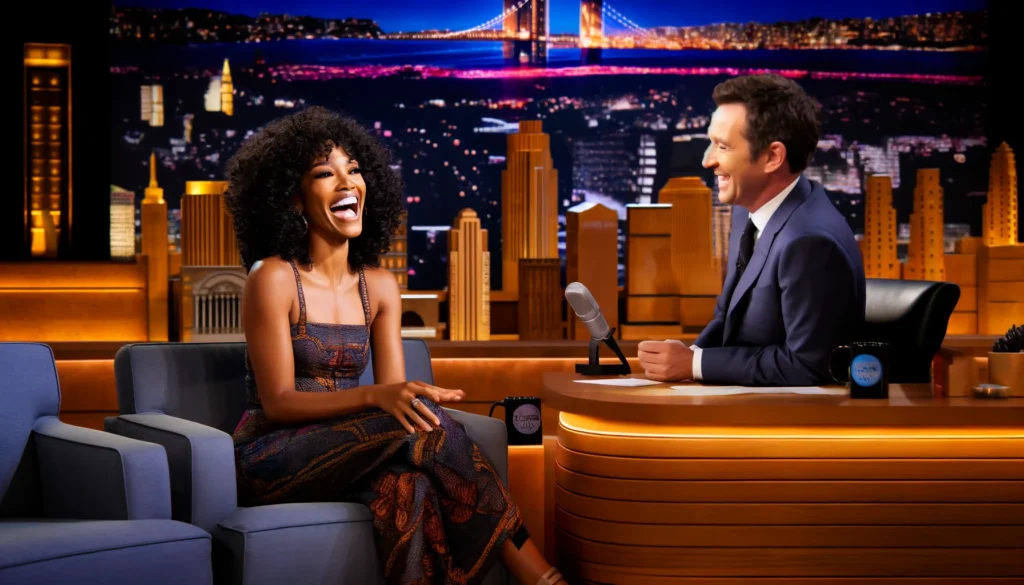In a startling revelation, recently resurfaced video footage of Amandla Stenberg, the lead actress in the newly released “Star Wars: The Acolyte” series on Disney+, shows her making a racially divisive comment during a 2018 interview. Stenberg can be heard saying that her goal for viewers of the film, “The Hate U Give,” was to make “white people cry.” This controversial statement has fans questioning whether an actress with such divisive views belongs in the beloved “Star Wars” franchise.
The discussion surrounding the clip has sparked a heated debate on social media, with many users pointing out the apparent double standard when it comes to racially charged statements like Stenberg’s. Critics argue that if a white actor had made a similar statement about a different racial or ethnic group, they would likely face widespread backlash and career repercussions.
“We wanted to make sure that those who have been affected by the way in which the media misconstrues these events, actually have a real sense of empathy and are able to place themselves into the shoes of our communities. Understand that these are not just news events, they are happening to real people. They affect us in really deep and pervasive ways,” Stenberg said, attempting to clarify her statement in a longer version of the interview.
This is not the first controversy for the new “Star Wars” series, as showrunner Leslie Headland has previously been called out for her opinions on leftist activism and the franchise’s fans. In an interview with The New York Times, Headland stated that she did not believe those who opposed such activism were “true fans” of “Star Wars.” Furthermore, she expressed interest in the series being known as “the gayest ‘Star Wars,'” pledging to infuse her personal experiences as a queer woman into the show.
The unfolding drama brings to light the challenges of navigating diversity and representation in the entertainment industry, while also highlighting the need for authentic, respectful, and inclusive interactions. As consumers become more discerning and vocal in their support or disdain for various media, divisive statements like those made by Stenberg and Headland can have lasting and far-reaching consequences for actors, production teams, and franchises.
In conclusion, the recent backlash against Amandla Stenberg and the “Star Wars: The Acolyte” series raises questions about the role of identity politics in entertainment and the boundaries of acceptable expression. While it remains to be seen what the long-term impact of this controversy will be on both the show and Stenberg’s career, one thing is certain: audiences are paying close attention to not only the content they consume but also those behind the scenes. This scrutiny may serve as a wake-up call for the industry, ultimately leading to more thoughtful, inclusive, and unifying storytelling that transcends divisiveness and invites everyone to share in the experience.



